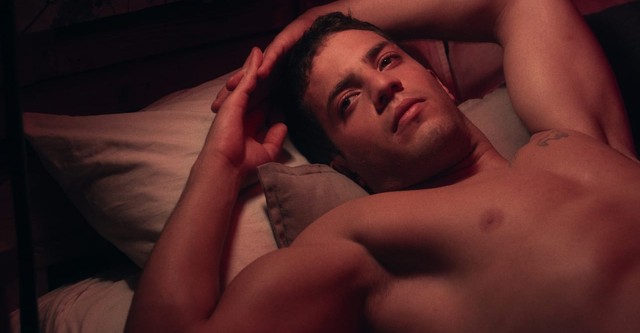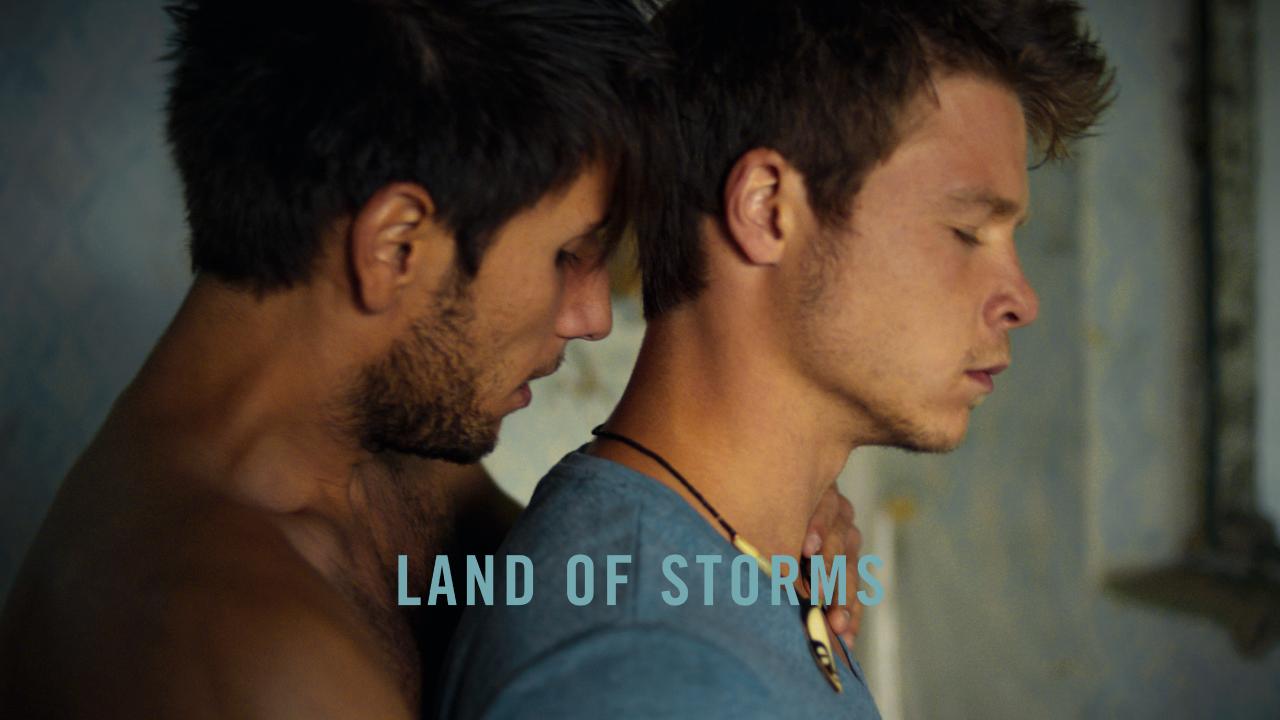You Can’t Escape Lithuania: A Bold and Provocative Film About Freedom, Identity, and Desire
Released in 2016, You Can’t Escape Lithuania is an experimental drama film written and directed by Romas Zabarauskas, one of Lithuania’s most daring contemporary filmmakers. Known for pushing boundaries and questioning social norms, Zabarauskas used this film to explore themes of sexuality, self-expression, and the blurred lines between fiction and reality. With its provocative title and unorthodox narrative style, the movie quickly established itself as one of the most distinctive works in Eastern European queer cinema.
The film follows a semi-autobiographical narrative centered on Romas (played by Zabarauskas himself), a Lithuanian filmmaker who becomes entangled in a strange and dangerous adventure. After his close friend and actress Indre (Indre Mykasaite) commits a crime, she convinces Romas and his boyfriend Carlos (Adrian Escobar) to help her escape the country. What begins as an impulsive decision soon transforms into a road trip filled with tension, passion, and moral ambiguity. Along the way, questions arise about trust, loyalty, and the sacrifices people are willing to make for those they love.
What makes You Can’t Escape Lithuania unique is its deliberate blending of reality and performance. Zabarauskas does not shy away from inserting himself directly into the story, playing a fictionalized version of his own persona. This meta approach challenges viewers to consider where the filmmaker’s real identity ends and where the character begins. The result is a film that feels both intensely personal and provocatively staged, forcing audiences to confront uncomfortable truths about authenticity, art, and self-representation.
The movie is also notable for its bold depiction of sexuality. Unlike many mainstream productions that often shy away from raw portrayals of intimacy, Zabarauskas embraces it as an essential part of human identity and storytelling. By portraying relationships between men with honesty and without apology, the film contributes to greater visibility for LGBTQ+ narratives in Lithuania, a country where such stories are still rarely represented in cinema.
Visually, the film is striking in its minimalist style. Shot with a combination of handheld camerawork, stark imagery, and intimate framing, it creates a sense of immediacy and closeness. The aesthetics amplify the emotional tension between the characters, giving viewers the impression of witnessing something raw and unscripted. The atmosphere often shifts between surreal playfulness and dark unease, reflecting the instability of the characters’ journey.
Critical reception of You Can’t Escape Lithuania was mixed, which is unsurprising for a film that intentionally seeks to provoke. Admirers praised it for its artistic bravery, queer visibility, and unconventional storytelling, while detractors questioned its narrative cohesion and overt self-indulgence. Nevertheless, the film succeeded in sparking conversations both in Lithuania and abroad about freedom of expression, censorship, and the role of queer voices in cinema.
In the larger context of Zabarauskas’s career, the film represents a daring statement of artistic independence. Rather than conforming to industry expectations, he chose to tell a story on his own terms—messy, unapologetic, and deeply personal. This defiance echoes the very message of the film’s title: one cannot escape the complexities of identity, nor the cultural and political realities of one’s homeland.
Ultimately, You Can’t Escape Lithuania is more than a road movie—it is a cinematic manifesto about art, sexuality, and the courage to confront taboos. It stands as a powerful example of how independent cinema can challenge conventions and spark dialogue, even when it divides opinion.




-1752549253-q80.webp)